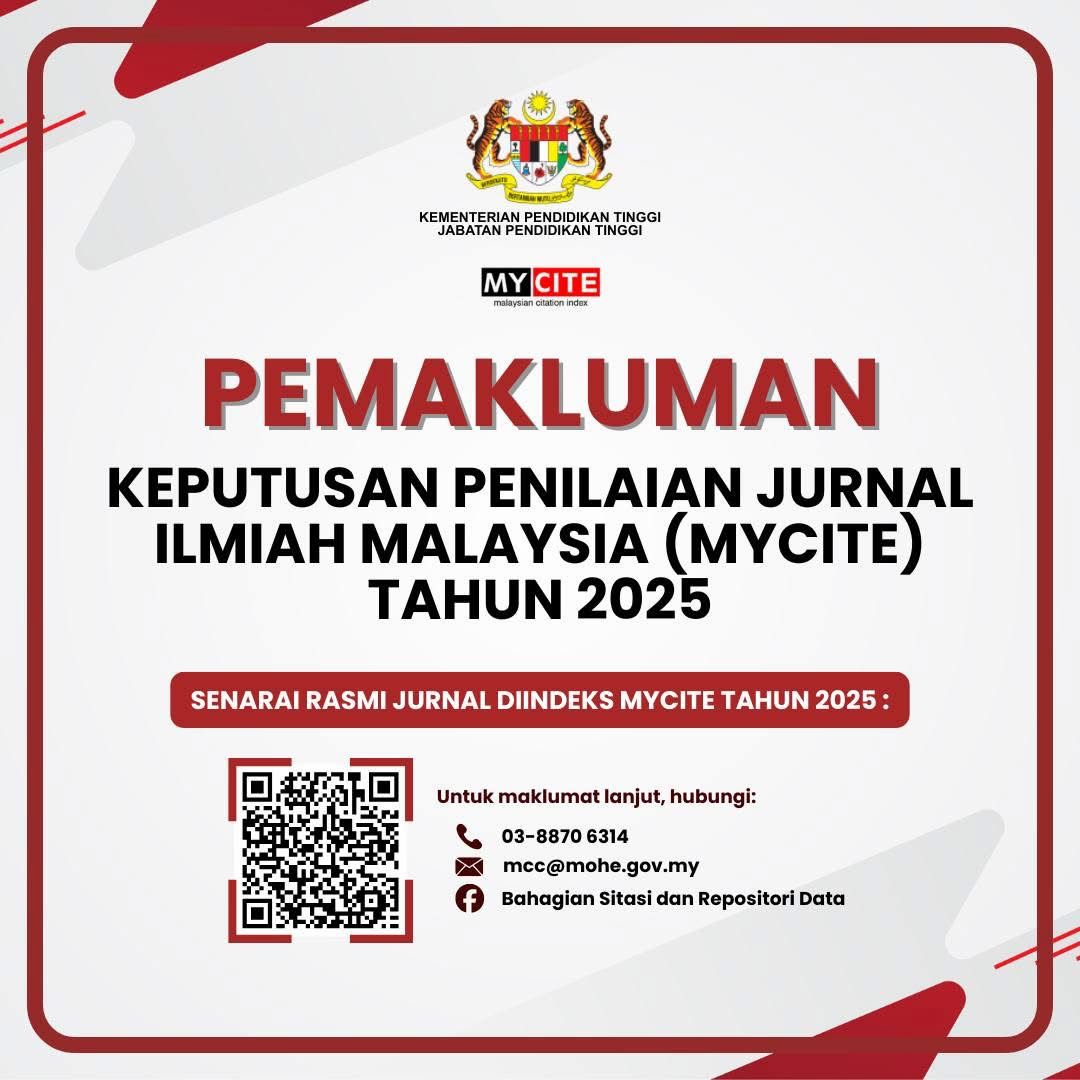I Am What I Wear
The Dialectics of Dress and Individuality
DOI:
https://doi.org/10.24191/idealogy.v3i1.51Abstract
The article emphasizes on the imperative significance of the focused subject, in which I have typified it comprehensively in the title. Dress and individuality, as the title politicizes, suggests an open mind discussion to unveil the polemical aspects of the parenthesis of the subject. The purpose of the essay is to ignite dialectical intervention by submitting critical observation and literary criticism to the readers. it is clear to say that the sole purpose is designated to its omnipotent course, as opposed to the conventional purpose of essays in which is to merely supply a report-format information. Nevertheless, the content interest myriads perspectives of discussions beyond literary mediocrity. Dress and individuality invite audience to look into the subject with critical eyes and expanded minds. It discusses topic of interests that engulfs multifaced areas such as 21st century fashion and clothing, arts and fashions and socializing fashion. However, the contents predominantly cover areas that focuses on individual expression and aesthetic personification. Fashion aesthetic is a term that has been used to redefine the context of individual versus social clothing in the late 20th century. In spite of the pronouncement made by the alternate defining, the article draws the opportunity to enlighten readers with the heterogeneous elements that embodies the primal characteristics of the wearable arts. The article also touches the influx of the urban culture that changes the topography of the fashion and clothing in the new millennium. The cathartic revolution made assessable by neo romanticism and urban totalitarianism have converted the nexus of fashion world, thus the world of wearable art. The effects of post consumerism cultures influence that affect scenario is also discussed in the article. There are several other relative subjects that touches similar concerns and utters similar tones of the subjects, which have been embedded in the article. It is hoped to invite vigorous sensibilities of the readers to perceive and understand the subjects with an open view.
Keywords: fashion, cultural studies, anthropology
References
https://www.fashionlady.in/japanese-street-fashion-the-world-of- quirky-fashion/107195
Lee, S. (2005). Fashioning The Future: Tomorrows Wardrobe. Thames and Hudson
Malloy, J (Eds) .(2003). Women, Art and Technology. Massachusetts Institute of Technology.
Quinn, B. (2002). Techno Fashion. Berg: Oxford International Publishers Ltd.
Downloads
Published
Issue
Section
License
UiTM Press (the Publisher) has agreed to publish the undersigned author’s paper in Idealogy Journal. The agreement is contingent upon the fulfilment of a number of requirements listed below.
1. The undersigned author warrants that the paper entitled below is original, that it is not in any way libellous or unlawful in Malaysia, that it does not infringe any copyright or other proprietary right. The undersigned hereby represents and warrants that he/she is the author of the paper, except for material that is clearly identified as to its original source, with permission notices from the copyright owners where required. The undersigned represents that he/she has the power and authority to sign and execute this agreement.
2. The undersigned author warrants that the paper entitled below has not been published elsewhere, and also it will not be submitted anywhere else for publication prior to acceptance/rejection by this Journal.
3. By submitting the paper entitled below, the undersigned author agrees to transfer the rights to publish and distribute the paper in an international e-journal (entitled above) to Publisher.
4. The undersigned author agrees to make a reasonable effort to conform to Publisher's submission guidelines and to liaise with the editor to ensure that the requirements of these guidelines are met to a reasonable degree.
5. The corresponding author signs for and accepts responsibility for releasing this material on behalf of any and all coauthors. This agreement is to be signed by at least one of the authors who has obtained the assent of the co-author(s) where applicable. After submission of this agreement signed by the corresponding author, changes of authorship or in the order of the authors listed will not be accepted.




